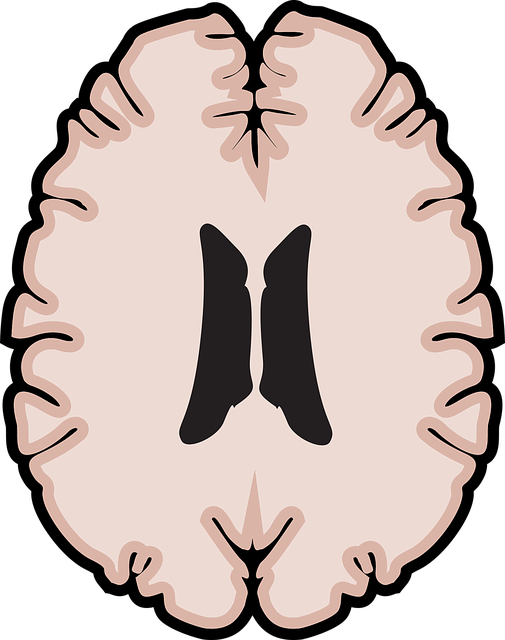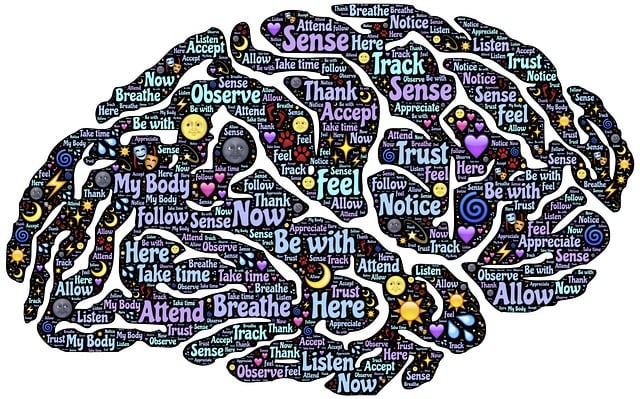Depression, characterized by persistent sadness and loss of interest, significantly impacts daily life. Denver Interpersonal Issues Therapy (DIIT) offers a holistic approach, focusing on improving relationships and social interactions to address root causes often missed in traditional treatments. DIIT combines evidence-based practices, mental health education, self-awareness exercises, journaling, and healthy habits like regular exercise and balanced nutrition to empower individuals with personalized coping strategies for long-term mental well-being.
Depression is a prevalent yet manageable condition. If you’re seeking strategies to prevent or combat depression, this article is your guide. We explore various methods, beginning with identifying signs and risk factors, crucial steps in early intervention. One innovative approach, Denver Interpersonal Issues Therapy, offers a holistic method focusing on interpersonal relationships. Additionally, we delve into lifestyle changes and coping mechanisms that can enhance long-term well-being. Discover practical ways to navigate life’s challenges and foster resilience against depression.
- Understanding Depression: Recognizing Signs and Risk Factors
- Denver Interpersonal Issues Therapy: A Holistic Approach to Prevention
- Lifestyle Changes and Coping Mechanisms for Long-Term Well-Being
Understanding Depression: Recognizing Signs and Risk Factors

Depression is a complex mental health condition that significantly impacts an individual’s daily life and well-being. Recognizing its signs and understanding underlying risk factors are crucial steps in prevention. The American Psychological Association defines depression as persistent feelings of sadness, loss of interest, and a range of physical and cognitive symptoms. It can manifest in various forms, affecting people differently, from mild episodes to severe, debilitating conditions.
In Denver, Interpersonal Issues Therapy (IIT) has proven effective in addressing depression. This therapeutic approach focuses on improving relationships and social interactions, which are often at the heart of many depressive episodes. By identifying and modifying negative patterns, individuals can build healthier connections and boost their confidence, a key component in risk management planning for mental health professionals. Additionally, Mental Wellness Coaching Programs Development emphasizes self-care strategies, encouraging individuals to prioritize their mental health through personalized goal setting and action plans.
Denver Interpersonal Issues Therapy: A Holistic Approach to Prevention

Denver Interpersonal Issues Therapy (DIIT) offers a holistic approach to depression prevention by addressing the root causes often overlooked in traditional treatment methods. This therapeutic technique focuses on improving interpersonal relationships and social skills, recognizing that many individuals struggling with depression experience difficulties in their personal connections and communication patterns. DIIT guides clients through effective coping strategies, helping them navigate challenging social situations and fostering healthier interactions.
By combining evidence-based practices with a personalized approach, this therapy empowers individuals to develop strong coping skills, enhance self-awareness, and build resilience against depressive episodes. Mental Health Education Programs Design play a crucial role in DIIT by teaching clients about the connection between mental wellness and interpersonal dynamics. Additionally, Coping Skills Development is emphasized, enabling participants to manage stress and emotions more effectively. Even simple practices like Mental Wellness Journaling Exercises can be powerful tools within this framework, promoting self-reflection and emotional regulation.
Lifestyle Changes and Coping Mechanisms for Long-Term Well-Being

Adopting a healthier lifestyle is a powerful tool in the pursuit of long-term mental well-being. Denver Interpersonal Issues Therapy often emphasizes the impact of daily habits on emotional health, encouraging individuals to make positive changes. This can involve incorporating regular physical activity, as even moderate exercise has been shown to boost mood and reduce symptoms of depression. A balanced diet rich in nutrients is another cornerstone; proper nourishment supports brain function and overall emotional stability.
Additionally, cultivating effective coping mechanisms is essential. Developing a self-care routine that includes mindfulness practices, such as meditation or deep breathing exercises, can help manage stress and promote emotional well-being promotion techniques. Engaging in hobbies, building strong social connections, and practicing good sleep hygiene are also key strategies in depression prevention. These lifestyle adjustments work synergistically to create a resilient foundation for mental health, offering sustainable solutions for maintaining a positive mindset over time.
In addressing depression prevention strategies, understanding both the signs and risk factors is paramount. While lifestyle changes and coping mechanisms play a significant role in promoting long-term well-being, the article highlights the unique benefits of Denver Interpersonal Issues Therapy as a holistic approach. By combining these methods, individuals can effectively navigate and overcome depressive tendencies, fostering a more balanced and resilient mindset.














